What is the effect of knowing the coffee producing area on your coffee drinking? What is the importance of coffee producing areas?
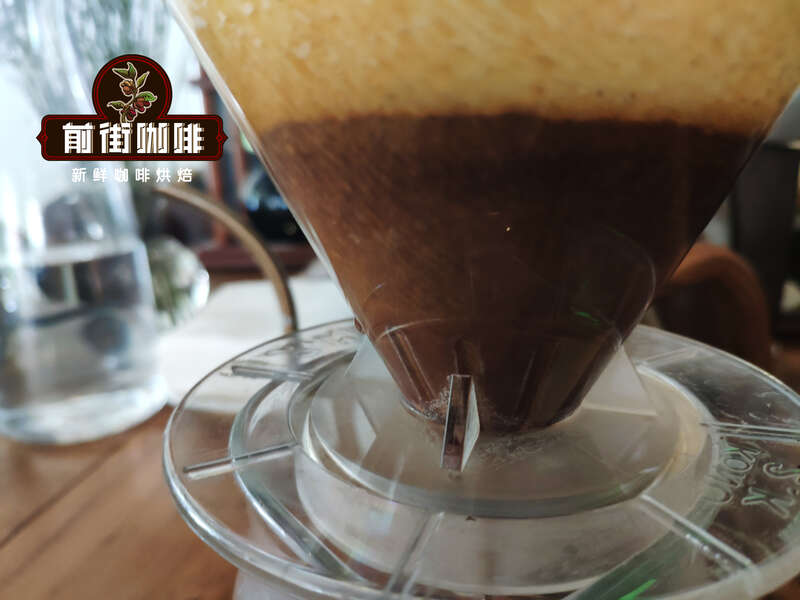
Coffee-producing countries are very busy as long as they are in the harvest season, busy with the harvest and processing of the fruit, and then we can buy raw coffee beans before they can be roasted, brewed and drunk. The labourers in the production areas will move seasonally to the harvest areas, and will quickly load the ripe fruit into the car and transport it to the processing plant near the farm.
This busy group may be made up of raw bean buyers or bean hunters and professionals operating in various producing areas. These people may have to travel thousands of miles before they can find potential quality coffee through observation.
What is the value of understanding coffee producing areas to us and to professionals? How does it help the buyer to make a decision? Or are there any other advantages?
Coffee producing area is actually a vaguely defined word that can be used to describe a variety of places. You can visit Brazil's large and rich estates, or you can visit Luanda's small coffee farmers who grow coffee as well as other fruits and vegetables in their gardens.
If time permits, you can spend a few days or even a month in the producing area, along with the farmers to harvest the fruit and observe the coffee processing process, which may include the operating procedures of the processing plant, and even follow the transport truck when the raw beans are disposed of. Have more contact with the producer's family. You can also visit the coffee lab in the producing country and talk to technical experts and local botanists.
These are all channels through which you can learn from the country of origin to the deep information of the producing area.
Gonzalo Hern á ndez, founder of Coffea diversa in Costa Rica, has set up an institute covering projects such as planting, coffee processing, export and roasting in micro-producing areas. He even has a garden that studies coffee botany, which is now a private garden with the largest collection of coffee tree varieties in the world. The college will conduct a four-day course covering topics such as coffee cultivation, processing, botanical varieties, cup testing, raw bean trading, baristas and bakers.
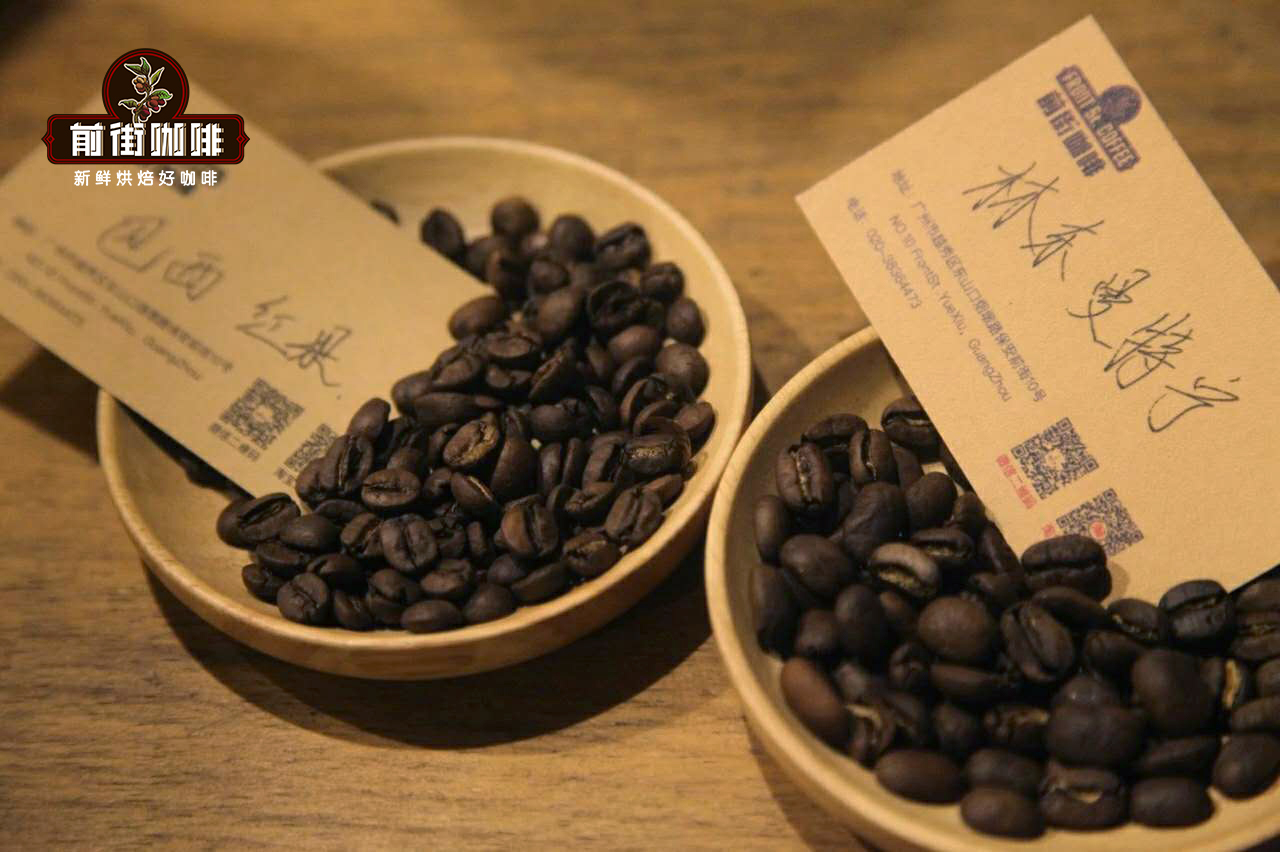
Gonzalo says you can learn a lot from the producing areas that the average person can't touch. Watching YouTube movies about processing is one thing, and this knowledge will only stay at a relatively shallow level compared with the profound experience gained by hands-on experience and do-it-yourself.
In the college, students can study systematically. From the cultivation and treatment in the classroom (the treatment is theoretical), to the actual pruning, fertilization, weeding and harvest of coffee trees. And then deal with it. These are all practical operations that students can do with their own hands in a real coffee plantation. "
William Zhang is the founder of Shanghai Carmo Trading, which is a fast-growing city in China's boutique coffee market, where they buy and sell boutique coffee bean suppliers. "boutique coffee is a very young industry in China, and Chinese coffee experts need to get detailed information about how the farm produces coffee and how it is handled," William said. "
Courses such as Q Grader, barista skills and baking beans are common in China, which allow operators to upgrade their professional skills, but courses such as coffee origin and planting treatment are very limited, they need to understand how coffee is planted, coffee tree treatment, washing / honey treatment / sun-cured coffee treatment, etc.
After operating it myself at this coffee institute in Costa Rica, many things became clear. I learned how to deal with coffee seedlings, the importance of pruning coffee trees, how to measure the sugar in mature coffee fruits, how coffee cultivation affects the quality of coffee, how different treatments of coffee affect the taste of coffee, and the flavor differences of different coffee varieties grown in the same region.
Comparing different treatments and different varieties of coffee, the cup test method is indeed very useful. "
This knowledge will help to integrate the knowledge, so he can better understand his coffee trading business in China.
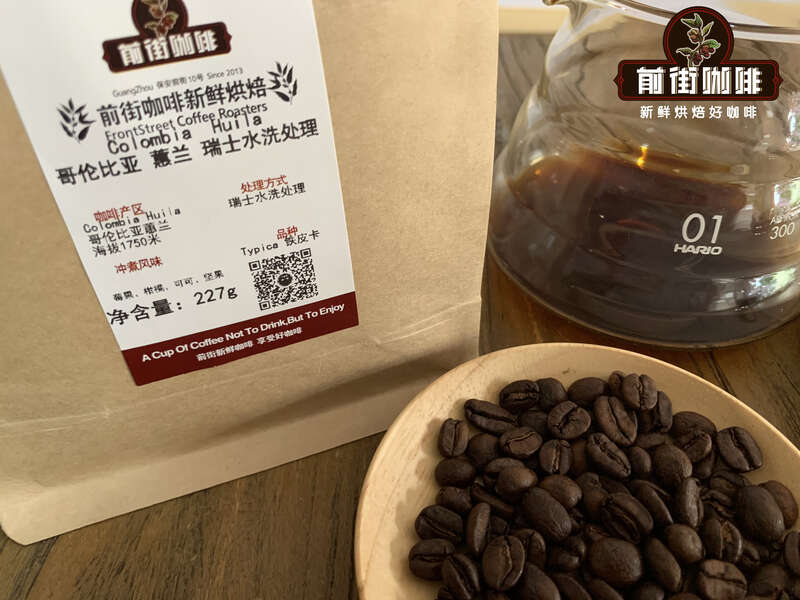
Better understand the flavor and quality of coffee
Coffee is a raw material, and like other raw materials, the more you know about it, the more you can use it correctly. But if we can acquire knowledge from suppliers or the Internet, is it necessary to visit the place of origin?
According to Sergey Tabera: the chief baker of Torrefacto Coffee Co in Moscow and the champion of baking beans in Russia said that it is difficult to fully grasp the impact of treatment methods and varieties without visiting the producing area in person. Only after a personal visit did he begin to understand why different coffees need to be roasted differently.
This helps him understand why some coffees are higher in sugar, why some beans are richer than others, and why certain flavors are more common in certain coffees.
He says he now knows that water-washed coffee can be roasted with more calories, and he should be careful not to apply too many calories to sun-or honey-treated coffee, because the treatment affects the sugar content of coffee beans. Through the operation of the pulp removal machine to witness the processing process, so that he can better visualize the concept.
Sergey added that he paid special attention to the information he got from coffee genetics and varieties, which he learned by visiting more than 700 plant varieties in Coffea diversa.
When he visited in person, he tried a variety of different varieties, which were washed in exactly the same way. As a result, he was able to better understand the unique flavor of each coffee, and he came into contact with rare varieties and understood their characteristics. He now knows that Sultan Rumei and geisha (with bright acidity and flavor) bake lighter than varieties with high sweetness but low acidity.
Vincent Wang, the chief raw bean buyer of Black Gold Coffee in Taiwan, says the advantage of visiting the country of origin is to get a more complete image of the supply chain.
People should realize that the coffee you drink is processed by the harvest of foreign labourers. In the case of Costa Rica, local workers also meet people from Panama, local natives, or people from Nicaragua.
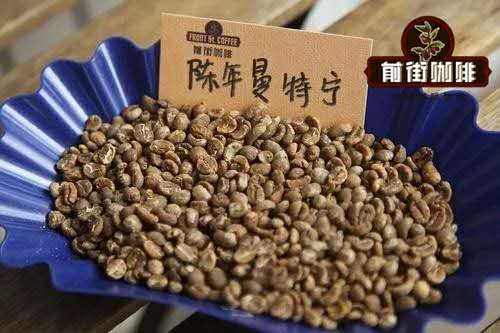
When we have a more comprehensive understanding of what is happening in the producing areas, we can also better understand the social and environmental sustainability of the coffee industry. Vincent said he has observed that producers have been adversely affected by low international coffee prices, and many have switched from growing coffee to avocados, lemons, or simply switching to other jobs.
"A lot of coffee producers are thinking about going to the city, finding another job for their children, or moving to the boutique coffee industry, which is very difficult because it requires a lot of investment," he said. "
"you will see that many producers or landowners are very young and may inherit the family business at the age of 25, because their father is getting older. "
Business opportunities from farmland to coffee shops
In the producing area, we can learn more about our business partners, how their business works, and even have the opportunity to further maintain our relationship through social networking sites.
For example, Sergey said that when he went to Costa Rica with Coffea diversa, he met the family behind Finca Tres Hermanas, an estate run by a father and three daughters who had experienced financial crises in the past.
They grow and harvest coffee, but do not have the ability to process it into raw beans, which means they can only sell coffee in the form of fruit. However, the three daughters hope to set up a micro-processing plant so that they can process the fruit from the harvest, which they believe will increase the value of their coffee. There must be a better income from selling processed raw beans than selling whole fruit.
Sergey and his team saw that the three sisters were enthusiastic and enthusiastic, but the financial burden of building a micro-processing plant made their goals a long way off. Without a fixed buyer of raw beans or some form of financial guarantee, they cannot take the risk of such an investment.
Seeing the potential of the farm, Sergey and his team are committed to building a long-term relationship with them. This provides producers with the safety of investing in micro-processing plants, thereby improving the quality and returns of their coffee.
Sergey has not only found high-quality new coffee that can be traded, but also established a business relationship for several years. He has also gained a marketing advantage in Russia, and he says he can now share more true stories with customers.
"people now want more detailed information about the origin of coffee and make customers feel closer and closer to the producers," he said. Even if you drink coffee at home, it may feel like you can start a journey between the producing country and the farm by drinking a cup of coffee. "
In fact, his story is so fascinating that some of his clients have signed agreements to visit the producing country with him, strengthening his relationship with buyers and suppliers.
Sergey is not the only one who has benefited. As a buyer of raw beans, Vincent found that his knowledge of the country of origin helped him to establish partnerships and friendships with producers. He says his production partners can see that he knows more about the actual coffee production process, thus building a sense of trust.
This strong partnership not only brings stable income, but also enables him to monitor the quality and stability of coffee harvest and processing. "everything the producer does will affect the flavor of the coffee, and if the producer is organized in the process, you can easily drink the difference. "
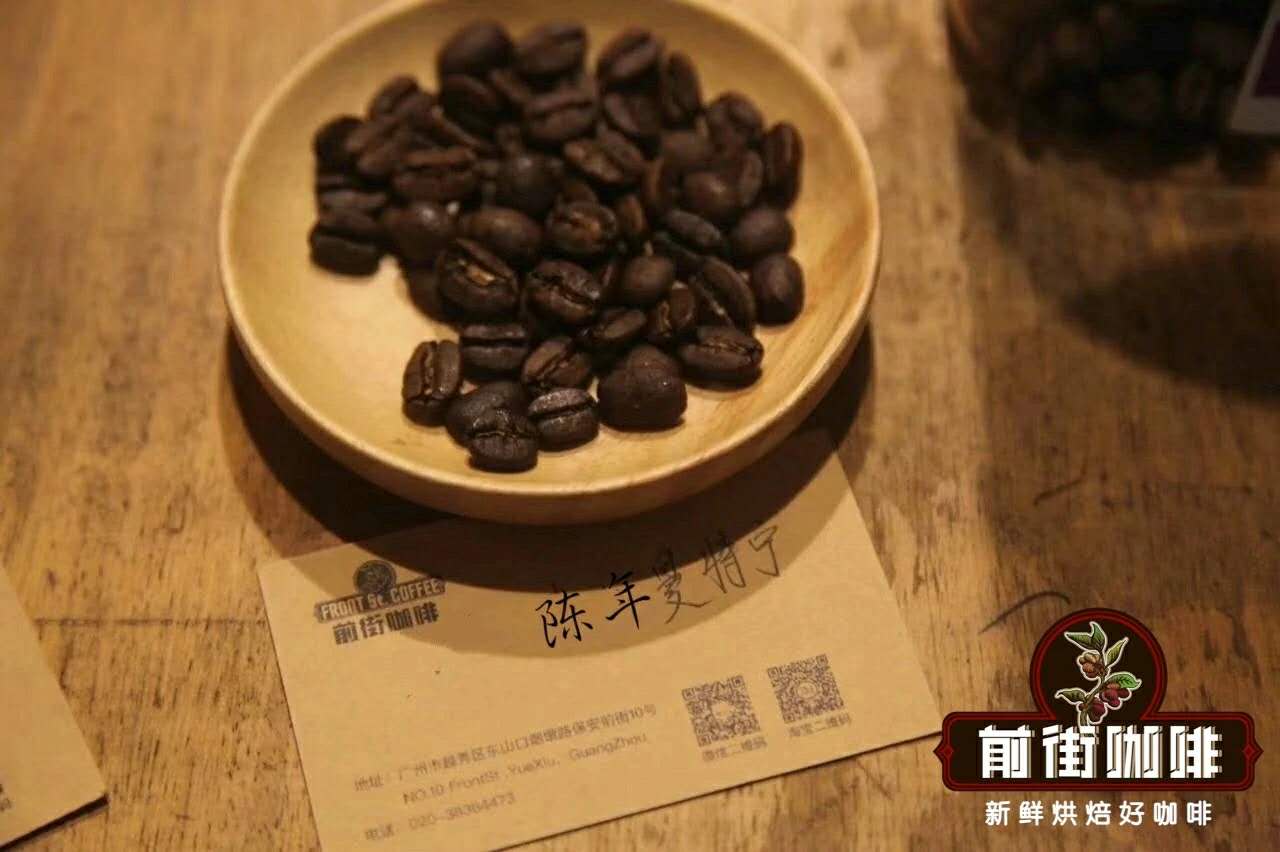
Set reasonable expectations for quality
Bean bakers and consumers need to visit the country of origin to obtain information and set reasonable expectations for quality. for example, by understanding the production and processing processes, you can understand any quality improvement. it takes time to reflect on the final quality of coffee, sometimes years. Knowing this helps to understand the progress of the project and invest wisely in the relevant business.
For example, Vincent said that visiting producing areas can also lead to a better understanding of local equipment, factories and local environmental conditions. If you work with producers, you can set expectations for the final quality of coffee.
You will see the impact of climate change and transport, which allows you to react quickly to the news when you are away from manors in the producing areas. At the same time, if you have sufficient knowledge and conditions, you can choose to share information with producers, such as information about selective picking or raising the height of scaffolding, and so on.
There are too many factors that affect the end result of roasting, producing and brewing coffee, so it is easy to understand why many coffee professionals may not realize how important it is to know the origin of coffee.
Whether you are a barista, a bean baker, or even a coffee farmer, knowing the origin of coffee beans will help you to have a more comprehensive understanding of coffee as a beverage and make better use of this information.
Important Notice :
前街咖啡 FrontStreet Coffee has moved to new addredd:
FrontStreet Coffee Address: 315,Donghua East Road,GuangZhou
Tel:020 38364473
- Prev
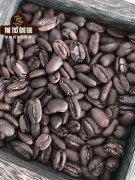
Special coffee bean varieties from Aceh, Sumatra, Indonesia, long-body dragon fruit coffee flavor
Professional coffee knowledge exchange more information about coffee beans Please follow the coffee workshop (official account cafe_style of Wechat) when talking about Indonesian coffee beans, the first thing that comes to mind is Manning coffee. Manning is deeply loved by the public for its mellow, calm and sour coffee flavor. Qianjie Coffee is also one of the fans of Mantenin Coffee beans. He asked if there was any in the Qianjie Cafe.
- Next
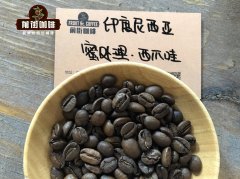
Characteristics of brewing flavor of Indonesian honey-treated West Java coffee in Indonesian West Java boutique coffee producing area
Professional coffee knowledge exchange more coffee bean information Please follow the coffee workshop (Wechat official account cafe_style) when people talk about Indonesian coffee, people first think of Manning coffee. Manning coffee refers to the coffee from Sumatra, its coffee flavor is mellow, low-acid, deeply loved by many coffee gluttons. Among the Indonesian coffee shelves on the front street, except for those from Sumanda
Related
- Beginners will see the "Coffee pull flower" guide!
- What is the difference between ice blog purified milk and ordinary milk coffee?
- Why is the Philippines the largest producer of crops in Liberia?
- For coffee extraction, should the fine powder be retained?
- How does extracted espresso fill pressed powder? How much strength does it take to press the powder?
- How to make jasmine cold extract coffee? Is the jasmine + latte good?
- Will this little toy really make the coffee taste better? How does Lily Drip affect coffee extraction?
- Will the action of slapping the filter cup also affect coffee extraction?
- What's the difference between powder-to-water ratio and powder-to-liquid ratio?
- What is the Ethiopian local species? What does it have to do with Heirloom native species?

